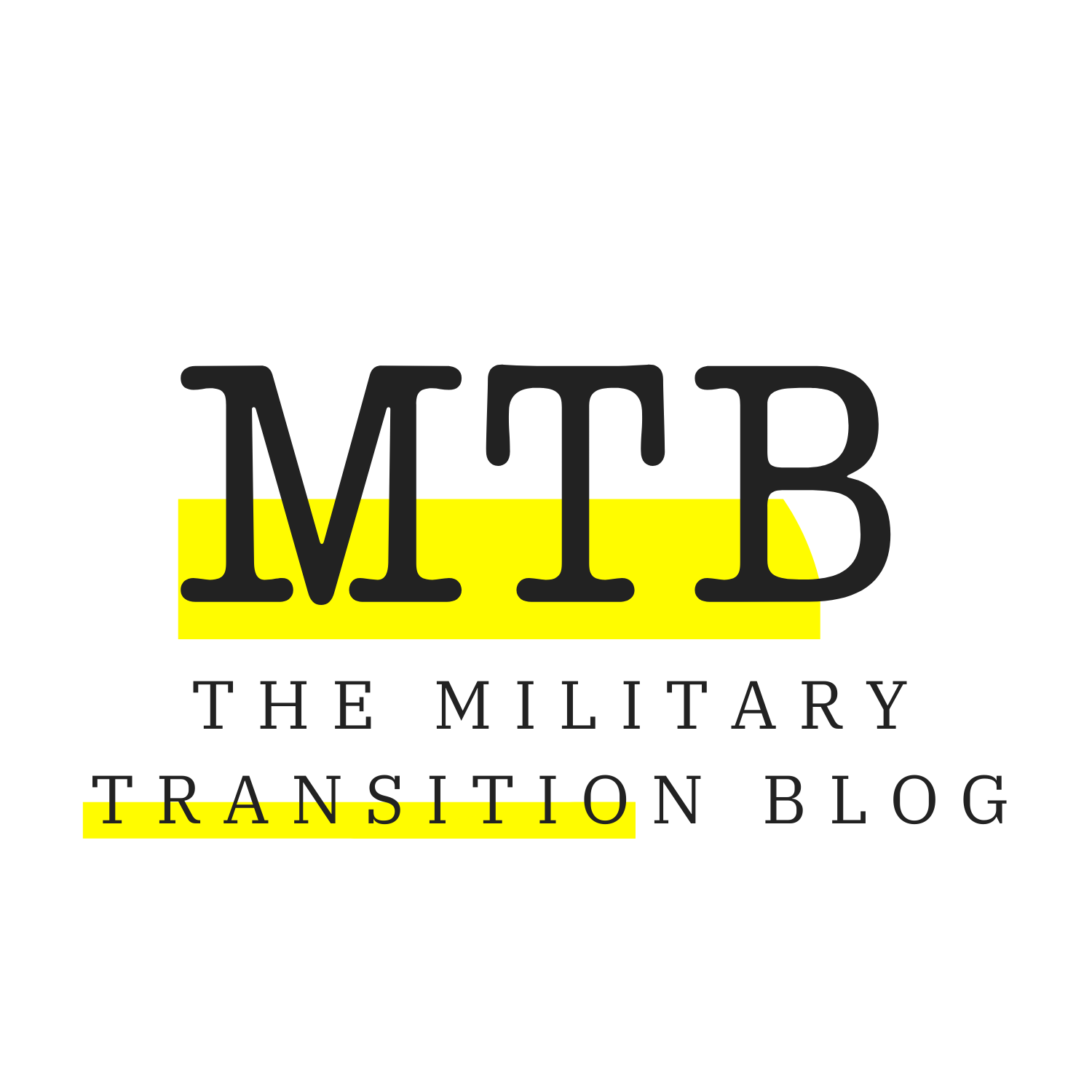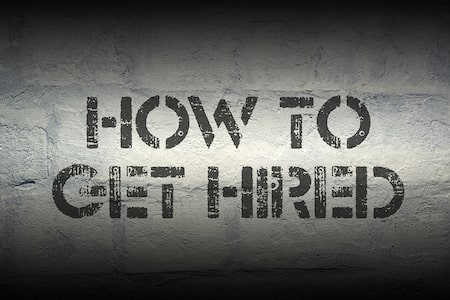You are a big deal. You are. I don’t want to take that away from you. If you are separating from the military, it is likely that you have at some point in time been in charge of tens if not hundreds of people. You have written, or had written about you, annual evaluations that reaffirm that you are hot shit. You have quantified and qualified your value to your military service and the American people. You may have literally saved lives, led your team into battle, or operated at the tip-of-the-spear. You are a big deal! Your singular distinctive accomplishments reflect great credit upon…blah blah blah. This blog is going to tell you why all of that…what I just wrote…won’t necessarily get you your dream job or get you any job at all.
The problem isn’t your experience. You usually have enough experience to qualify you for the position. But your confidence, or lack thereof doesn’t get you past the first or second rounds of interviews.
It is true that many companies want to hire veterans. Many Fortune 100 companies have veteran hiring programs that include internships, mentoring opportunities, and veteran hiring recruiters just to see that veterans aren’t being ignored in the hiring process. Some of those companies are UPS, Lockheed Martin, North Grumman, USAA, Pepsi Co. Coco-Cola and so many more. But, it is also true that the veterans that are having trouble getting hired or making it through the interview process are not the same veterans that have taken these companies up on their offer. [#Mistake #1 take these companies up on their offer to train you for free] It is in this article that I will say and continue to say how important preparation is to your employment success after your transition.
I want to highlight the top 5 reasons you aren’t getting the job that you want upon your transition our of the military.
1. You Think Your Uniqueness Makes You a Unicorn
At one time or another or in some aspects of our lives, we all want to believe that we hold unique skills that others don’t have or their skills don’t compare to ours. The unicorn, the mythical creature that no one has actually seen, but many hope exists just so they have the opportunity to be in its presence and that encounter brings us good luck, just like the pot at the end of the rainbow.
In 2014 there were an average of 500 a day military members transitioning out of their respective services, headed for civilian life. Some of those 500 were headed to school and others had their next form of employment lined up. But, for a large majority, they were entering the civilian job market and they quickly found out they didn’t prepare as much as they should have. The military only makes up 1% of the population but of that 1% we all kind of do a lot of the same things. Yes, we have unique training and have held unique jobs, but our military experience usually isn’t that unique. That is exactly why veterans are easily able to find camaraderie among other veterans.
2. You Aren’t Willing to Start Over
Starting over is hard. It is especially hard for those who have committed over 20 years to the United States Military and whole rooms snapped to when you walk in. Even if you weren’t the highest-ranking officer in your squadron, battalion, or brigade, after an extended period in the military and with elevated rank, you become a sort of a big deal. For those of you who separate from military service and have only served, 4, 8, or 10 years, you can have similar problems adjusting to the civilian sector.
Your military experience gets you in the door. The habits you have formed, your positive attitude, your ability to wake up early and arrive on time, and your get ‘er done mentality make you special and it is a skill many of your traditional civilian counterparts won’t have. But, don’t forget you still have to learn the job and learn that company’s culture. You wouldn’t expect someone leaving JP Morgan Chase, after 20 years as the Cheif Information Officer (CIO) to be able to commission into the U.S. Navy as an O-5 Commander and instantly be placed in charge of the Information Systems aboard a navy vessel. Nor, could you expect to leave 10 or 20 years of military service and instantaneously be in charge of whole divisions in a successful civilian firm.
That same CIO would basically need to start over, as an O-1 or at best an O-3. She’d need to learn the military culture, customs and courtesies, embody that service’s core value, then learn how to lead the seamen in that job before she could ever hope to be put in charge of a whole division. You will need to do the same. Use your military experience to get into the door. Fight for the appropriate salary in accordance with your skills and what you bring to the table, then work to advance yourself in the company to the position you ultimately want to be in.
3. You Don’t Have a LinkedIn Profile
LinkedIn has been dubbed the benchmark for professional networking social media platforms. It is invaluable in its ability to connect you to, help you search to find, and preeminently make you aware of employment opportunities that you would have never encountered otherwise.
On the other side of this great networking opportunity is OPSEC. Operations Security can be an unclear and gray issue at times. Is it safe to put your name, location, current positions, and historical professional data about yourself? The short answer is yes, but not because it is inherently safe. It is because much of the information on your LinkedIn profile can be found in other ways, LinkedIn just becomes a one-stop-shop for that same information. If a hacker is searching for YOUR information, they can likely quite easily find it elsewhere. Let’s not forget there, or better yet let me let you in on a little secret. There have been hundreds of data breaches within the DoD and Military during your military service. Hundreds. The benefits LinkedIn is to the jobseeker and connection-builder may far outweigh the risks. Below are some tips and tricks you can do to ensure your profile is secure as can be, while still allowing networking success.
- Change your password every 90 days or so
- Add two-step verification to access your information/make changes
- Don’t include your phone number
- Only your 1st-degree connections can view your profile
- Only show your First name and Last Initial to non-1st degree connections–your full name can still be searched by non-connections
- Log Out when you have finished your LinkedIn business
- Don’t accept connections from individuals you can’t verify exist
4. Resume Mistakes
Grammar and spelling mistakes are one (or two) of the top reasons why your resume doesn’t make it to the callback pile. Spell check doesn’t catch words that are spelled correctly, yet misused, e.g. effect vs. affect are popular culprits. *I’m sure you will find misspelling in my blogs and I will completely understand if you don’t want to hire me* Mistakes don’t mean that you are a dimwit, but it does show that you didn’t take the time to get several eyes on your resume before submitting it for prime time.
The next resume mistakes are including prior positions that do not pertain to the job you are seeking. In this case, it is necessary to have a master resume and then several targeted resumes that feed off of your master resume. Your master resume is for your eyes only. It should be spellchecked and passed around for a review of mistakes, inaccuracies, misalignment, etc., but it isn’t created to be sent to a future employer. Your future employer should only receive the resume that plucked important bits from your master resume and those bits specifically apply to the position you are applying for. Depending on your job history, your targeted resume should only be one-page and in long work history cases, two-pages at most.
5. You Didn’t Prepare for the Interview
Failing to prepare is preparing to fail someone brilliant (or at least they sound really brilliant) once said. There are countless veteran supported agencies that will help you prepare for an interview. One of those companies is a newly created company named Candor. Another is Military One Source. You will have the opportunity to practice interviewing in your Transition Assistance Program (TAP) class. But, LinkedIn can also be your friend in this process. Once you have built up your network, search for connections that are currently or have recently been in the employ of the company or at a minimum in the industry you will be interviewing in. Ask them some questions about their interview experience and some interesting facts about their company. Practice, practice, practice will be your saving grace.
You will need to know some general details about the company you are interviewing with, their mission statement, the exact position/s you are a good fit for, and maybe even some recent events that have brought media attention to that company. You will also need to know a bank of popular interview questions, that can prevent you from being caught off guard.
Your military experience does NOT speak for itself. You will have to wrap your mind around the almost immediate disappearance of the grace you receive when you walk in public spaces in your uniform and strangers are tripping over themselves to thank you for your service and pay for your lunch. It is a dog eat dog world out there. The good news is the loving hearts of many corporations and non-profit organizations want to see you succeed. Seek them out and use them.





0 Comments